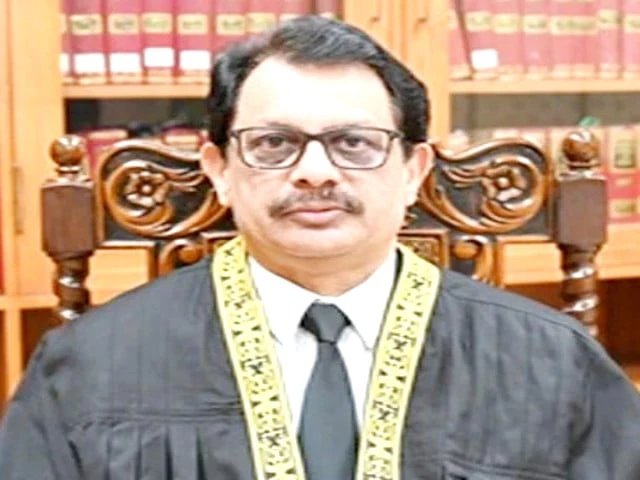Hyderabad:
Judge of the Supreme Court Salahuddin Panhwar deplored that the feudal system, bandits and drugs have seriously seized and paralyzed the people of the Sindh.
Addressing the legal fraternity of the association of the Umerkot district bar, the judge said that the Larkana and Sukkur divisions found themselves trapped by the tentacles of lords and feudal bandits while the culture of drugs swept the districts of the Hyderabad and Mirpurkhas divisions.
“The generations are destroyed,” he deplored. “The life of ordinary people and families is destroyed.” He argued that if the survival stories of these people are shared with the people of the civilized and developed world, the latter will become surprised to see how their human colleagues can remain alive in such situations.
The judge also deplored that cases of illegal occupation also occur frequently in the Sindh, even if this problem has ceased to exist in other parts of the world. He said that the law on cooperative societies has been legislated to promote the poor, workers and peasants, but its advantage is currently taken by the rich.
He also commented on the quality of education in the Sindh, stressing that in the digital age, Umerkot students do not have access to computers to study. “Two classes were created in the Sindh. The poor send their children to public schools and other classes educate their children in the private sector.”
Judge Panhwar has undressed that the company compromised instead of continuing and obtaining its rights. He urged judges, lawyers, journalists and other important segments of society to try to achieve the problems affecting the people and to base their decisions about the truth. “Our decisions should be centered on the public, taking care of the fundamental rights of the people.”
On this occasion, the president of the district bar, the lawyer Shareef Bheel, presented a charter of requests, calling for action against narcotics, providing health and education establishments, establishing sports fields and controlling the deterioration of the law and the order. The Supreme Court judge also visited certain schools and colleges.




